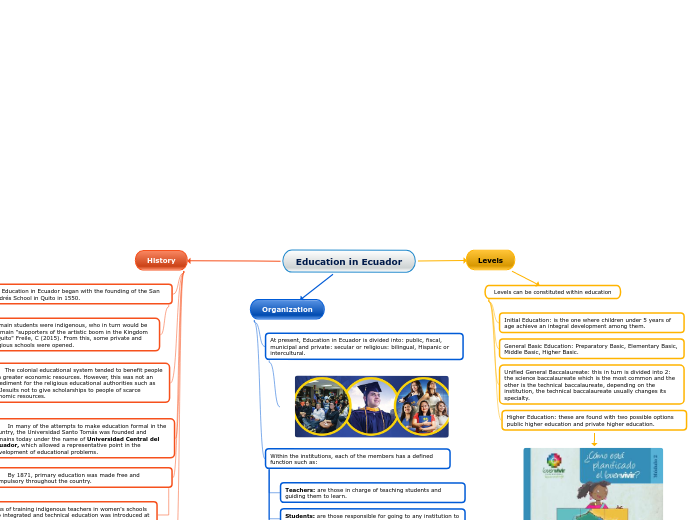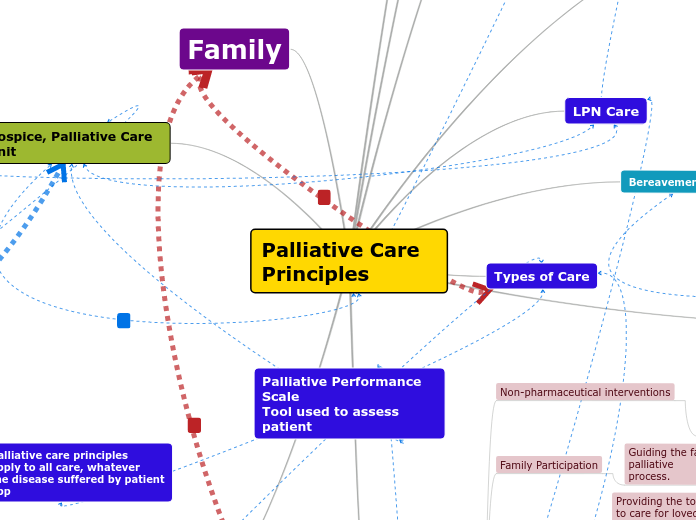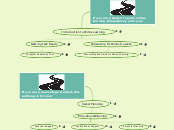arabera WENDY DAYANA CONDOR SARAGOSIN 3 years ago
511
Education in Ecuador
The evolution of education in Ecuador dates back to 1550 with the establishment of San Andrés School in Quito, primarily serving indigenous students. The colonial era marked a period where educational opportunities were skewed towards those with economic advantages, though religious orders like the Jesuits provided scholarships to underprivileged students.









